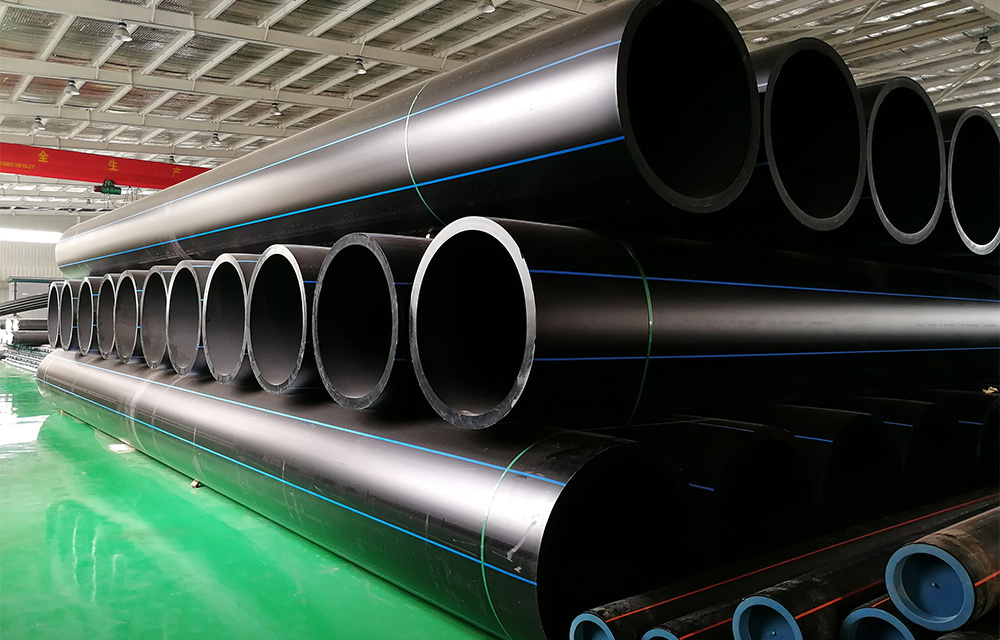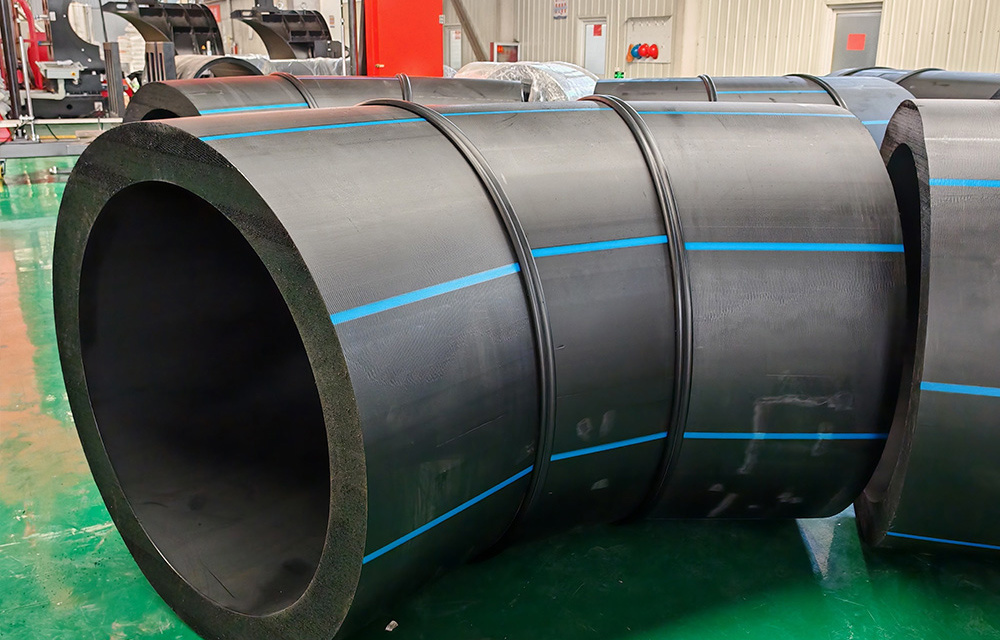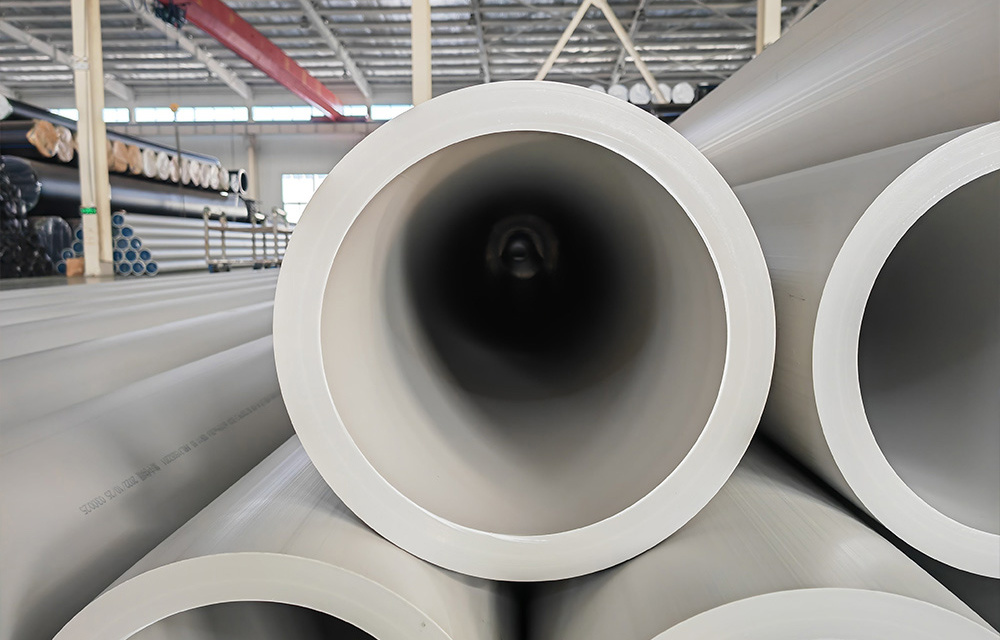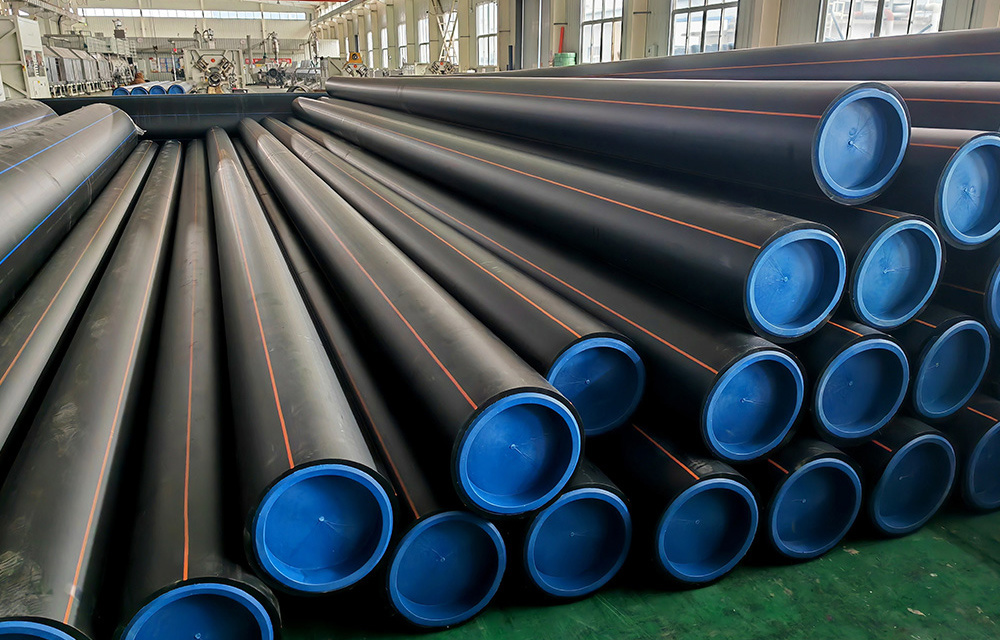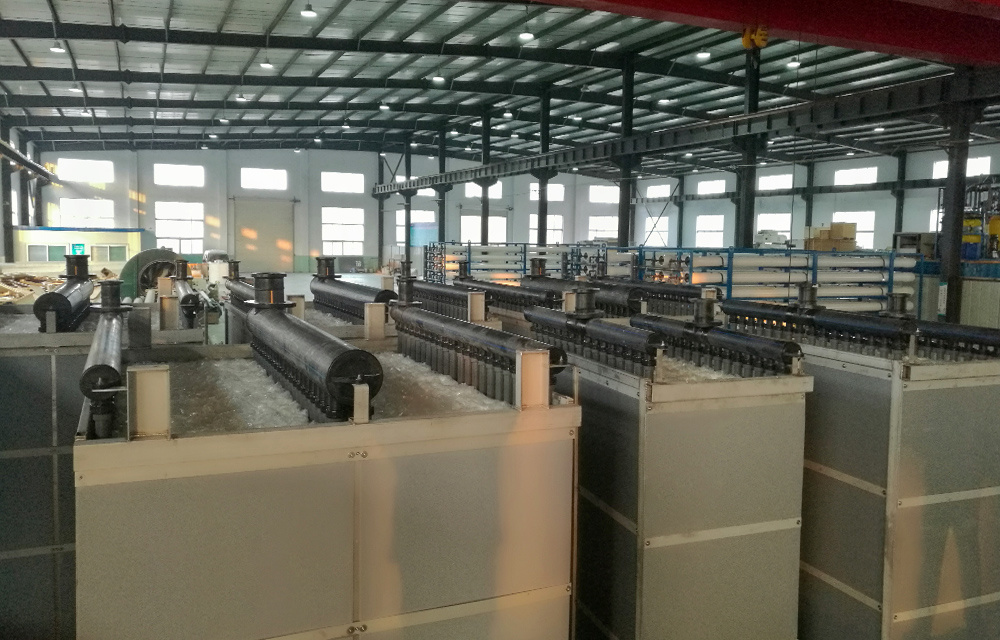14
2025
-
10
Understanding the Advantages of FRPP Pipes in Construction and Decoration
FRPP pipes, or Fiberglass Reinforced Polypropylene pipes, are increasingly popular in various industries, particularly in construction and decorative applications. These pipes combine the lightweight nature of polypropylene with the strength of fiberglass, resulting in a robust and durable piping solution. They are designed to handle a wide range of environmental conditions, making them suitable f
FRPP pipes, or Fiberglass Reinforced Polypropylene pipes, are increasingly popular in various industries, particularly in construction and decorative applications. These pipes combine the lightweight nature of polypropylene with the strength of fiberglass, resulting in a robust and durable piping solution. They are designed to handle a wide range of environmental conditions, making them suitable for both indoor and outdoor applications.
One of the key advantages of FRPP pipes is their corrosion resistance. Unlike traditional metal pipes, FRPP pipes do not rust or corrode, which significantly extends their lifespan. This quality is particularly beneficial in environments where pipes are exposed to moisture or harsh chemicals. Moreover, FRPP pipes resist scaling and biofouling, ensuring a smooth flow of fluids and reducing maintenance needs.
Another significant benefit of FRPP pipes is their thermal stability. They can withstand a broad temperature range, making them ideal for applications involving hot or cold fluids. This thermal resilience allows for the safe transportation of a variety of liquids without the risk of deformation or failure, which can be a concern with lesser materials.
In addition to their physical properties, FRPP pipes are lightweight compared to traditional piping materials. This makes installation more manageable and reduces transportation costs. The ease of handling and installation can lead to faster project completion times—a crucial factor in the construction industry where time is often of the essence.
FRPP pipes also boast excellent flow characteristics. Their smooth inner surfaces minimize friction, allowing for efficient fluid transport. This efficiency translates to lower energy costs for pumping systems, making them an eco-friendly choice for various applications.
Moreover, the versatility of FRPP pipes extends to their compatibility with a variety of fittings and connectors, making them adaptable to different project requirements. This flexibility allows for customized solutions tailored to specific needs in building and decorative projects, enhancing their usability.
As the demand for sustainable and long-lasting materials grows in the construction industry, FRPP pipes present a compelling option. Their unique combination of strength, corrosion resistance, and thermal stability positions them as a preferred choice for numerous applications, ranging from industrial settings to residential projects.
In conclusion, FRPP pipes represent a significant advancement in piping technology, offering numerous advantages that can greatly benefit construction and decorative projects. Their durability and versatility make them a valuable investment for those looking to enhance their building and piping systems. Understanding the properties and benefits of FRPP pipes can help industry professionals make informed decisions in selecting suitable materials for their projects.
One of the key advantages of FRPP pipes is their corrosion resistance. Unlike traditional metal pipes, FRPP pipes do not rust or corrode, which significantly extends their lifespan. This quality is particularly beneficial in environments where pipes are exposed to moisture or harsh chemicals. Moreover, FRPP pipes resist scaling and biofouling, ensuring a smooth flow of fluids and reducing maintenance needs.
Another significant benefit of FRPP pipes is their thermal stability. They can withstand a broad temperature range, making them ideal for applications involving hot or cold fluids. This thermal resilience allows for the safe transportation of a variety of liquids without the risk of deformation or failure, which can be a concern with lesser materials.
In addition to their physical properties, FRPP pipes are lightweight compared to traditional piping materials. This makes installation more manageable and reduces transportation costs. The ease of handling and installation can lead to faster project completion times—a crucial factor in the construction industry where time is often of the essence.
FRPP pipes also boast excellent flow characteristics. Their smooth inner surfaces minimize friction, allowing for efficient fluid transport. This efficiency translates to lower energy costs for pumping systems, making them an eco-friendly choice for various applications.
Moreover, the versatility of FRPP pipes extends to their compatibility with a variety of fittings and connectors, making them adaptable to different project requirements. This flexibility allows for customized solutions tailored to specific needs in building and decorative projects, enhancing their usability.
As the demand for sustainable and long-lasting materials grows in the construction industry, FRPP pipes present a compelling option. Their unique combination of strength, corrosion resistance, and thermal stability positions them as a preferred choice for numerous applications, ranging from industrial settings to residential projects.
In conclusion, FRPP pipes represent a significant advancement in piping technology, offering numerous advantages that can greatly benefit construction and decorative projects. Their durability and versatility make them a valuable investment for those looking to enhance their building and piping systems. Understanding the properties and benefits of FRPP pipes can help industry professionals make informed decisions in selecting suitable materials for their projects.


